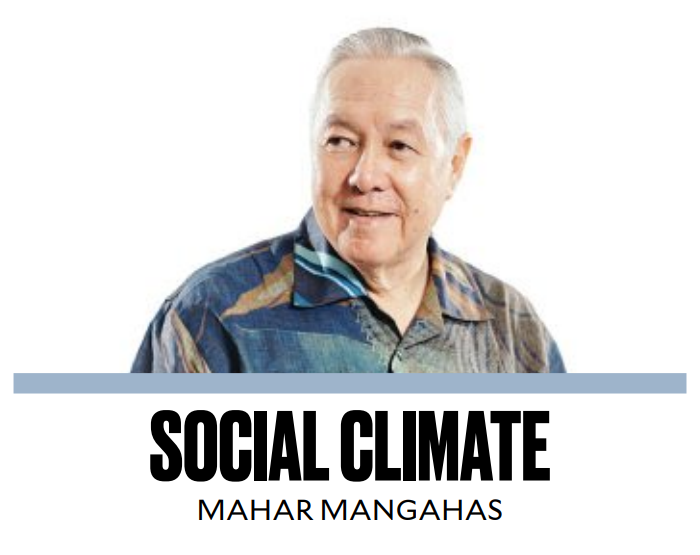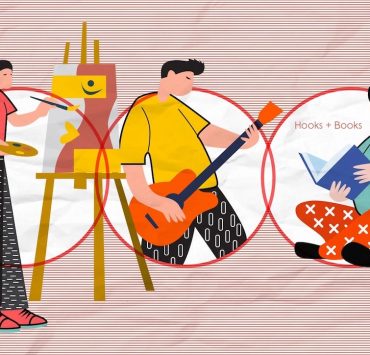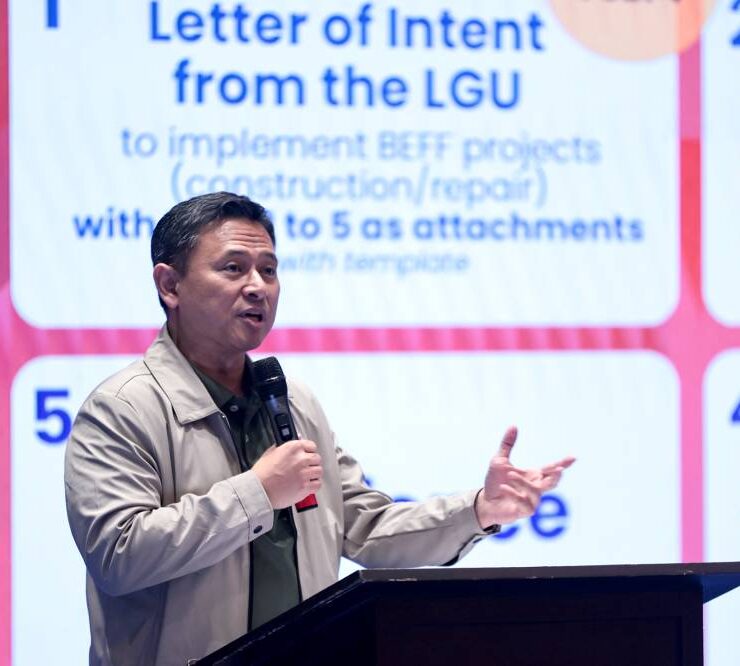Measuring social emotions

Surely, national pride has surged from the two gold medals won by Carlos Yulo in gymnastics floor and vault, and the bronze medals won by Aira Villegas and Nesthy Petecio in boxing, at the Paris 2024 Olympics. To measure the effect on Filipino pride, I have asked that Philippine sports achievements in general, and some individuals’ performances in particular, be included in the Third Quarter Social Weather Survey, to be fielded next month. Keeping an archive of past survey data is essential for self-understanding (see “Pride from international sports,” 8/3/24).
Opposite emotions are interesting, too. National pride is surveyed every so often, but not its opposite, national shame. I know that the agree-disagree statement, “There are some things about [my country] that make me feel ashamed,” has been probed a few times in the Philippines, and that the “agrees” are many, albeit a minority. It would be good to understand the sources of Filipino national shame by doing surveys about them, to match those on sources of national pride.
A shortage in something specific—let us say, our political influence in the world—does not mean feeling positively ashamed of it. I think there should be different scales for measuring pride and shame. (But I am an economist, not a psychologist, I hasten to say.)
Sadness is not simply a lack of happiness. In a quickie survey of 49 professionals last year, I found five persons feeling “somewhat sad” and two persons feeling “definitely sad,” and yet only two persons feeling “not too happy” and no one “definitely not happy” (“My first sadness probe,” 7/1/23). This only means that the sources of happiness and sadness are not identical, but mixed.
Sadness is just as measurable as happiness. Yet there are regular cross-country surveys of happiness, but not of sadness. There is not much demand for the latter; the surveys of happiness are an imperfect, good-enough, substitute.
Health measurement tends to emphasize the negative. The most basic statistics a country needs are: rates of infant, child, and maternal mortality, and rates of children underweight (wasted) and under-height (stunted). But there’s much more to being healthy than simply surviving the early years of life.
Statistics on poverty and hunger focus on the have-nots rather than the haves. What they actually measure is not well-being, but ill-being. Eliminating these specific types of ill-being is, and deserves to be, the top two United Nations Sustainable Development Goals.
Ill-being of people through no fault of theirs—for example, due to religious, racial, or gender discrimination—is unfair and unjust; it should take social priority over well-being that may have been fairly or justly acquired.
Gallup has pioneered global surveys of positive and negative emotions. Since 2007, the Gallup Organization has produced a Negative Experience Index that accounts for 1) stress; 2) sadness; 3) anger; 4) worry; and 5) physical pain. It has also done a Positive Experience Index that accounts for 1) feeling well-rested; 2) experiencing much enjoyment; 3) smiling or laughing a lot; 4) feeling treated with respect; and 5) learning or doing something interesting. I find it significant that Gallup discusses the negative side ahead of the positive one.
Gallup implements these indexes based on its annual world poll. Its negative index has ranged between 23 and 33; its positive index has ranged between 68 and 71. I presume these are proportions of people averaged across the five factors. The positive side has always dominated the negative side. I don’t think the two sides are intended to add up to 100; in fact, what I am most curious about are the instances of coexistence between negative and positive.
According to Gallup, the negative side has generally risen, from a low of 23 points in 2008 to a high of 33 in 2022, after which it eased to 31 in 2023 (see “Negative emotions take a positive turn,” by Julie Ray, news.gallup.com, 6/25/24). The positive side, on the other hand, generally oscillates around a flat trend but recently rose by 2 points to 71 in 2022-23.
To evaluate the emotional changes normatively, I see no alternative but to study the countries individually. Was there justice or injustice in the emotional change that happened in a specific country?
—————-
mahar.mangahas@sws.org.ph
Dr Mahar Mangahas is a multi-awarded scholar for his pioneering work in public opinion research in the Philippines and in South East Asia. He founded the now familiar entity, “Social Weather Stations” (SWS) which has been doing public opinion research since 1985 and which has become increasingly influential, nay indispensable, in the conduct of Philippine political life and policy. SWS has been serving the country and policymakers as an independent and timely source of pertinent and credible data on Philippine economic, social and political landscape.





















